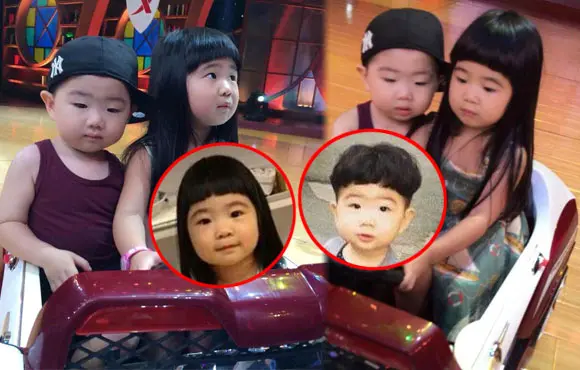Elderly parents are most likely to be in touch on a regular basis with their eldest daughter if they have several children. Just a decade ago it was most likely to be the son and heir, signaling seismic changes in social attitudes.
The findings come from a report by the Korea Institute for Health and Social Affairs and Seoul National University's Institute of Social Development and Policy Research released last week.
Some or 36 percent of 541 elderly respondents with adult children said they keep mostly in touch with their eldest daughters, be it by phone, letter or the Internet.
Next came eldest sons (33.8 percent), second or younger sons (14.4 percent), second or younger daughters (12.9 percent), and eldest daughters-in-law (0.9 percent).
More respondents a decade ago said they wanted to be supported by their sons rather than daughters. But now most do not care. Some 38.5 percent of parents said any of their children are responsible for supporting them, up from 30.6 percent in 2006. Only 22.5 percent relied on their eldest son, down from 28.8 percent a decade ago.
Support for the patriarchal family structure is waning. Some 78.1 percent of respondents still said the father's authority must be respected, but that was down from 84.3 percent a decade ago.
Only 40.8 percent said they need a son to carry on the family lineage, down from 56.7 percent 10 years ago. Only 35 percent felt husbands should be older than their wives.
"This suggests that there is a rapid change in the traditional patriarchal family as more people decide to stay single," said Lee Sang-lim of the KIHASA.
(Chosunilbo)
 简体中文
简体中文

